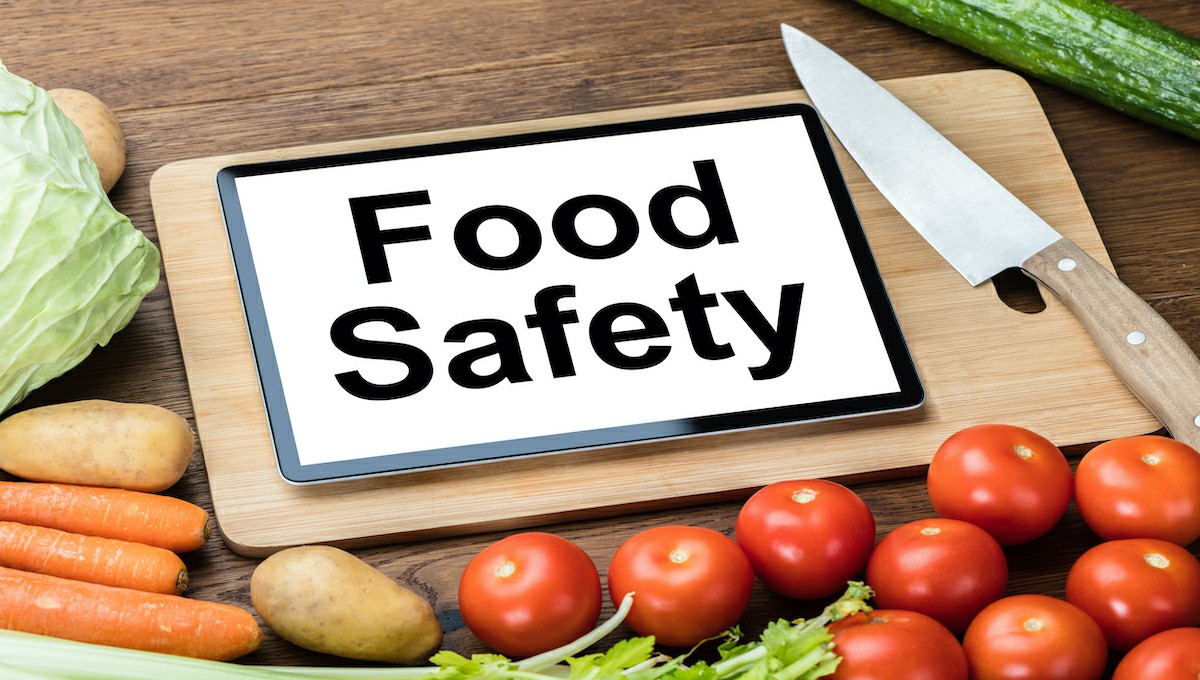HACCP Certification: The Essential Shield for Food Safety Compliance in Ireland
In the food industry, ensuring safety and compliance is paramount. As a restaurant owner, catering professional, or food manufacturer in Ireland, understanding HACCP training can be the difference between success and setbacks. This detailed guide explores the significance of HACCP certification, emphasizing its role in maintaining food safety standards across cities like Dublin, Cork, Galway, Limerick, Waterford, and Belfast.
Why is HACCP Training Vital?
The Hazard Analysis Critical Control Point (HACCP) system is designed specifically to manage and mitigate food safety risks. It is not just a legal requirement but also a best practice approach that helps businesses:
- Prevent Food Contamination: By identifying potential hazards in the food process, HACCP training equips staff to implement effective controls, thereby reducing the risk of contamination.
- Ensure Compliance with Irish Food Safety Laws: HACCP certification aligns with the EU regulations and Food Safety Authority of Ireland (FSAI) guidelines, helping businesses avoid legal penalties.
- Protect Public Health: The ultimate aim of HACCP is to protect consumers from foodborne illnesses, enhancing trust and safety.
Understanding HACCP Principles
Before navigating the certification process, it's essential to grasp the core principles of HACCP:
- Conduct a Hazard Analysis: Identify potential hazards that could affect food safety.
- Determine Critical Control Points (CCPs): Identify the points in the food process where risks can be controlled.
- Establish Critical Limits: Set minimum or maximum limits to ensure food safety at each CCP.
- Implement Monitoring Procedures: Monitor the CCPs to ensure they remain within established limits.
- Establish Corrective Actions: Outline the steps to be taken when monitoring indicates a deviation.
- Implement Verification Procedures: Confirm that the HACCP system is working as intended.
- Maintain Record-Keeping: Document all procedures and corrective actions for accountability.
HACCP Certification Process
Getting HACCP certified involves structured steps:
- Enroll in a HACCP training course: Opt for online HACCP training or face-to-face classes to gain essential knowledge.
- Complete the training: Achieve the required level (HACCP Level 1 & 2) and grasp the principles of food safety.
- Develop a HACCP plan: Using the principles learned, create and document your business's HACCP plan tailored to specific processes.
- Seek certification: Engage a certification body to conduct an audit and verify compliance with HACCP principles.
Risk Assessment and Compliance Strategies
A vital part of HACCP training is understanding how to conduct a risk assessment. It involves:
- Identifying Hazards: Recognizing biological, chemical, and physical hazards in your food operations.
- Evaluating Risks: Assessing the likelihood and severity of these hazards.
- Implementing Controls: Establishing measures to mitigate identified risks and ensure food safety.
Implementing these compliance strategies not only enhances safety but also improves operational efficiency and boosts your brand reputation.
The Importance of HACCP for Hospitality and Catering Businesses
In the competitive landscape of Irish hospitality, HACCP compliance is more than just a requirement; it’s a commitment to quality and consumer trust.
- Enhances Customer Trust: Transparent practices foster loyalty among customers.
- Boosts Business Reputation: Compliance with HACCP signals professionalism and attention to detail.
- Facilitates Business Growth: Compliance can open doors to partnerships and larger contracts.
Conclusion: Take Action Today for a Safer Tomorrow
HACCP training and certification are essential for any food business committed to safety and compliance. Whether you operate in Dublin, Cork, Galway, Limerick, Waterford, or Belfast, investing in HACCP training cultivates a safer food environment for everyone.
Ready to take the next step? Contact us today to enroll in our HACCP training courses and ensure your business remains compliant, safe, and successful.



 349,500 Offered Certificates
349,500 Offered Certificates
 24/7 Online Training
24/7 Online Training
 Money Back Guarantee
Money Back Guarantee
 Fully Accredited Courses
Fully Accredited Courses
